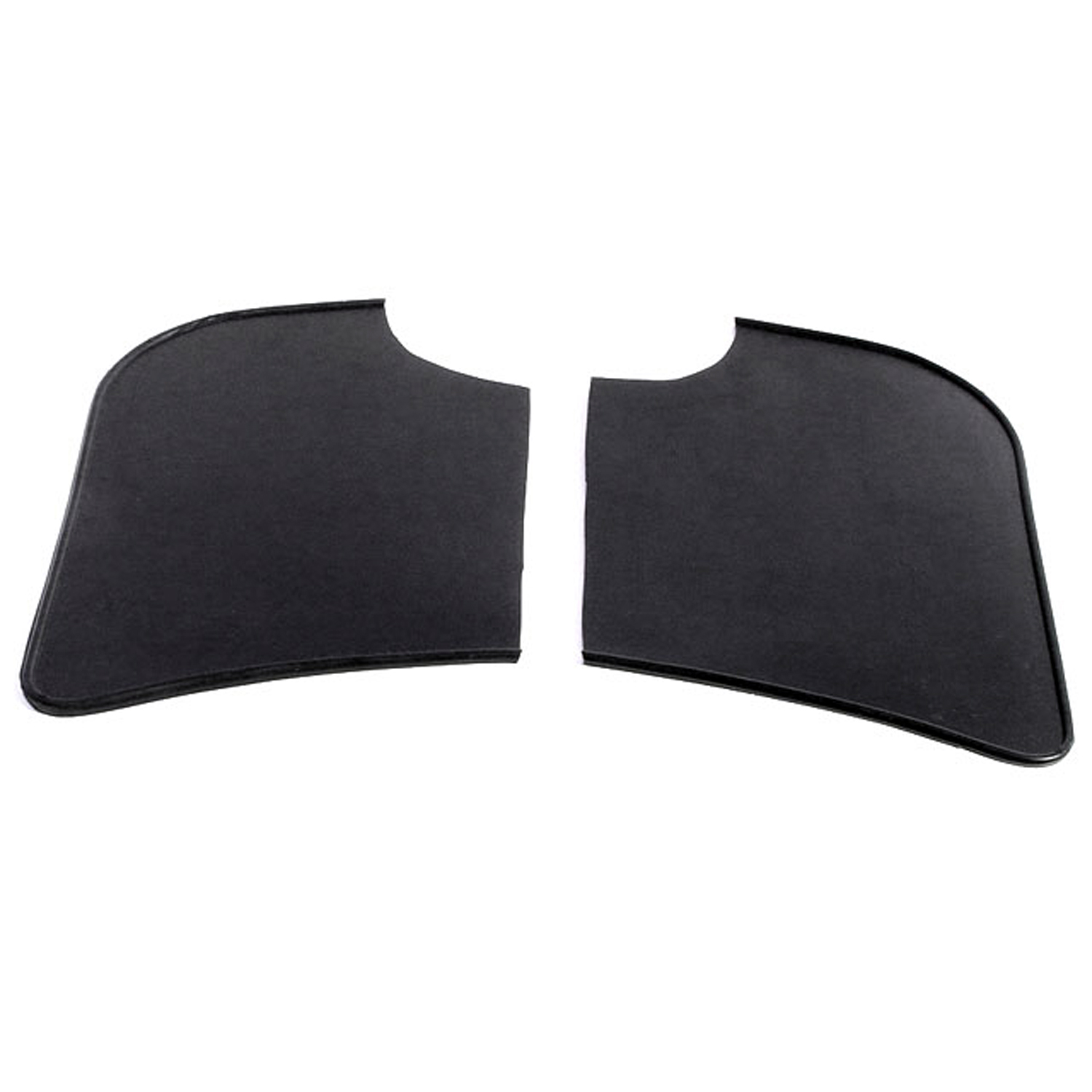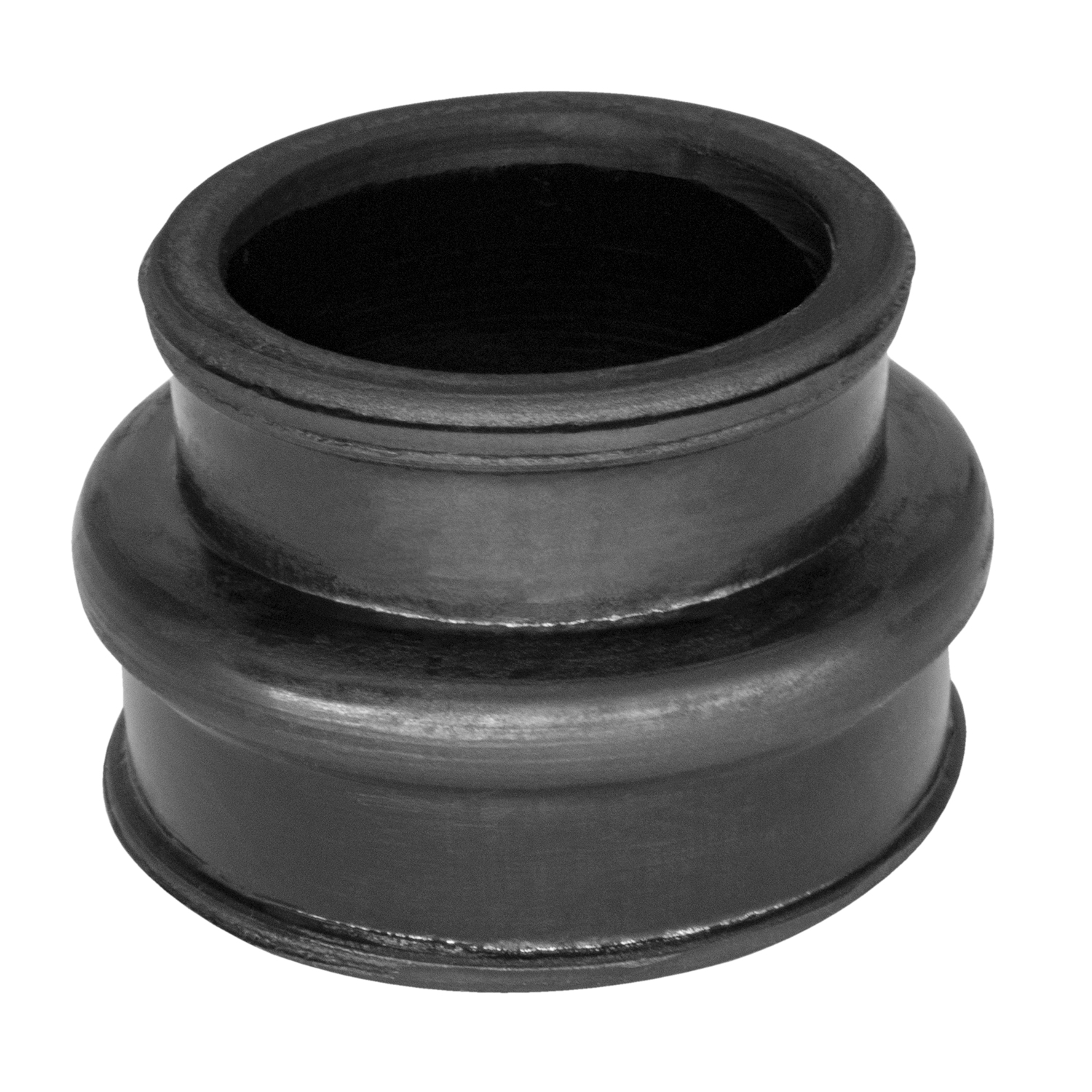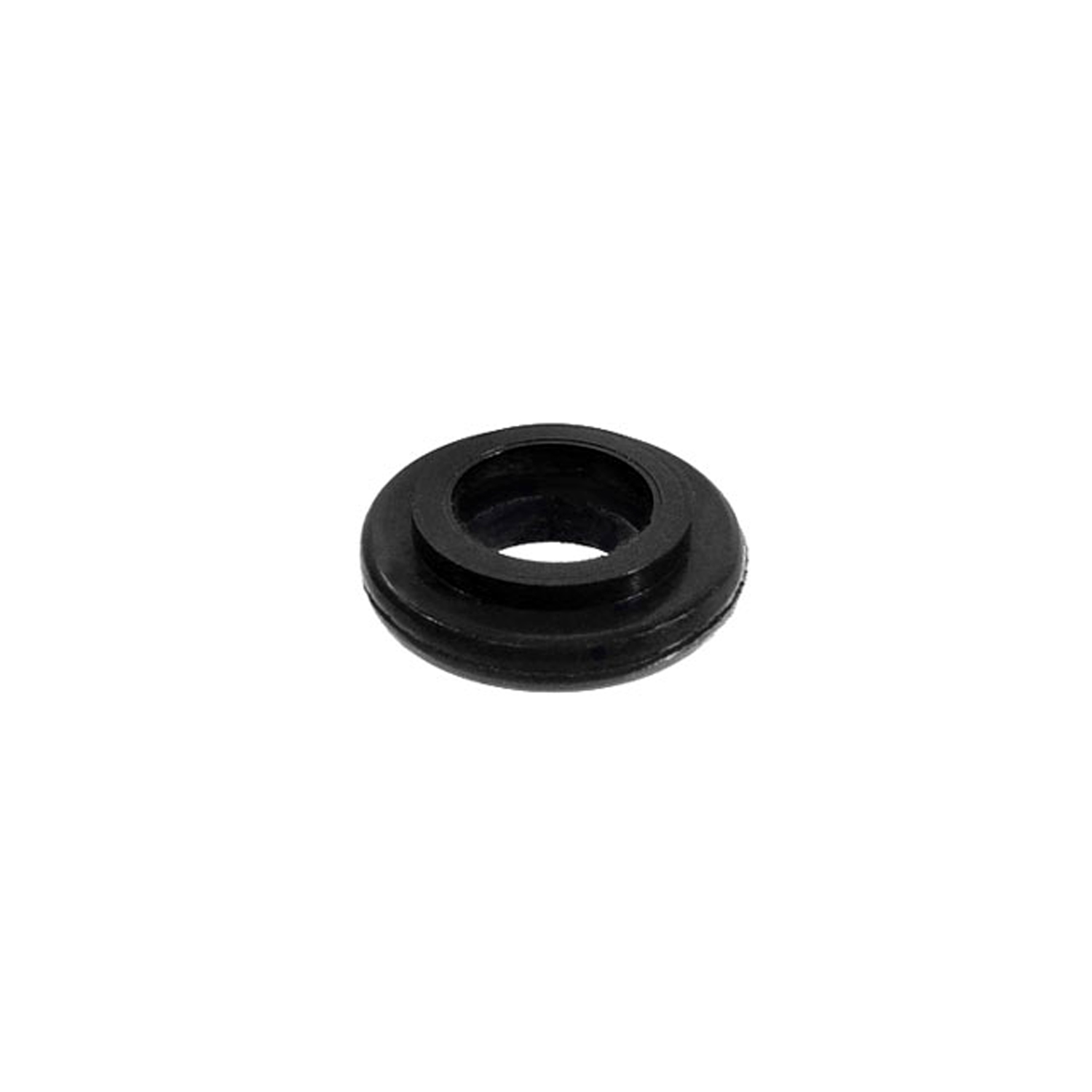Image of 1971 Volkswagen Beetle, Note: These illustrations use artistic license and may differ from actual historical models.
Performance Metrics
Fundamental Metrics
Emotional Appeal
MMP Rating
| Engine Specifications | |
|---|---|
| Engine: | Air-cooled, rear-mounted, flat four |
| Displacement: | 1584 cc |
| Horsepower: | 60 hp |
| Torque: | 81 lb-ft |
| Compression Ratio: | 7.5:1 |
| Ignition System: | Distributor ignition system |
| Cooling System: | Air-cooled |
| Performance Specifications | |
| 0-60 Time: | 20 seconds |
| 1/4 Mile Time: | 21 seconds |
| Top Speed: | 81 mph |
| Transmission and Drive | |
| Drive Type: | Rear-wheel drive |
| Transmission Type: | 4-speed manual |
| Fuel and Efficiency | |
| Fuel System Type: | Carburetor |
| MPG: | 25 mpg |
| Dimensions and Brakes | |
| Brakes: | Front disc, rear drum |
| Wheelbase: | 94.5 inches |
| Weight: | 1,984 lbs |
Note: Specifications for classic cars are given to the best of our ability, considering the limited and variant data available.
Unveiling the Icon: The 1971 Volkswagen Beetle
The 1971 Volkswagen Beetle is not merely a car; it's a cultural icon that encapsulates an era of simplicity, reliability, and charm. Born in the tumultuous times of pre-war Germany and crafted by the visionary Ferdinand Porsche, the Beetle—or 'Bug' as it's affectionately known—has cemented its place in automotive lore. Its distinctive rounded silhouette has become synonymous with both utilitarian design and the free-spirited counterculture of the 1960s and 70s. A unique fact that might pique your interest: the '71 Beetle was part of the first batch to feature a Super Beetle variant with an improved suspension system and a larger trunk.
Design and Innovation: A Study in Timeless Appeal
The exterior styling of the 1971 Volkswagen Beetle is instantly recognizable. Its curvaceous, aerodynamic shape was not only stylish but also functional, cutting through the air with an efficiency that many boxier contemporaries could not match. Inside, the Beetle was surprisingly spacious given its compact dimensions, with seats upholstered in durable materials designed to withstand years of use. The dashboard was simple and user-friendly, with an emphasis on accessibility. Technologically, the '71 Beetle was modest by today's standards but innovative for its time, featuring an air-cooled rear engine that contributed to its low maintenance costs. Color options ranged from vibrant hues to more subdued tones, with choices like Clementine Orange and Diamond Blue being popular picks among enthusiasts. Body styles were limited but significant; the most iconic being the two-door sedan that captured hearts worldwide. The Super Beetle introduced this year offered a curved windshield and enhanced front suspension, marking a notable evolution in design.
Historical Significance: More Than Just a Car
The Volkswagen Beetle's impact on automotive design is profound. It democratized mobility for many by being affordable and reliable. Its engineering simplicity set it apart from other cars of its era, making it a favorite for generations of drivers. The '71 model year stands as a testament to the enduring appeal of the Beetle, showcasing minor but impactful improvements over previous models without losing the essence that made it special.
Performance and Handling: A Joyful Journey
Underneath its unassuming exterior, the 1971 Beetle housed a 1600cc engine capable of reaching top speeds around 80 mph—a respectable figure for economy cars at that time. Acceleration from 0-60 mph took about 16 seconds. While these numbers might not set any records today, they provided ample performance for everyday driving. Handling was one of the car's strong suits; its lightweight construction and rear-engine layout gave it a nimble feel on winding roads and tight corners. Drivers often remark on the visceral connection they feel with their Beetle—the hum of its air-cooled engine, the tactile feedback through its thin-rimmed steering wheel, and the simple joy derived from driving something so elemental.
Ownership Experience: Embracing Simplicity
The 1971 Volkswagen Beetle was many things to many people—a daily driver for some, a showpiece for others, and even a competitive racer in certain circles. Its ease of maintenance and repair made it an ideal choice for those who preferred to handle their automotive work themselves. Despite some common criticisms such as lackluster heating or limited horsepower, owners often overlook these quirks in favor of the overall ownership experience which is filled with personality and character.
Fun Facts: The Bug's Life Beyond The Road
Did you know that certain editions of the Volkswagen Beetle are considered rarities? For instance, models equipped with sunroofs or unique factory colors can fetch higher prices among collectors. Celebrity ownerships have also added to its mystique—everyone from John Lennon to Ewan McGregor has been spotted behind the wheel of a Beetle. While not known for breaking speed records, it did break sales records; over 21 million units were sold worldwide throughout its production run.
Collector's Information: A Valuable Investment?
Today, values for well-preserved 1971 Beetles can range significantly based on condition, originality, and history. While exact production numbers for this specific year are hard to pinpoint due to Volkswagen's expansive global production network at that time, estimates suggest hundreds of thousands were produced. In terms of appreciation or depreciation in value—well-maintained examples have steadily appreciated over time as classic car enthusiasts seek out authentic pieces of automotive history. You could expect to see prices anywhere from $5,000 for a model in fair condition up to $20,000 or more for pristine examples.
Conclusion: The Enduring Legacy of the '71 Beetle
The 1971 Volkswagen Beetle stands as an emblematic figure in car culture—a testament to design ingenuity and mechanical simplicity. It transcends mere transportation; owning one is about embracing a piece of history that continues to delight and inspire. As we've explored its design innovations, historical significance, performance characteristics, ownership joys, fun facts, and collector information—it's clear that this little Bug has left an indelible mark on our roads and our hearts.
1971 Volkswagen Beetle Catalog of Parts
 1971 Volkswagen Beetle Gravel Shields. Molded flat without metal backing plates-FS 40Gravel Shields. Molded flat without metal backing plates. Apply with contact cement. 7-5/8" long X 5-5/8" wide at top. Pair
1971 Volkswagen Beetle Gravel Shields. Molded flat without metal backing plates-FS 40Gravel Shields. Molded flat without metal backing plates. Apply with contact cement. 7-5/8" long X 5-5/8" wide at top. Pair 1971 Volkswagen Beetle Intake Manifold Boots. Made of rubber. 1-3/8" I.D., 2" O.D-RP 300-BIntake Manifold Boots. Made of rubber. 1-3/8" I.D., 2" O.D. X 1-1/2" high. Pair
1971 Volkswagen Beetle Intake Manifold Boots. Made of rubber. 1-3/8" I.D., 2" O.D-RP 300-BIntake Manifold Boots. Made of rubber. 1-3/8" I.D., 2" O.D. X 1-1/2" high. Pair 1971 Volkswagen Beetle Oil Cooler Seal. 7/16" I.D., 7/8" O.D. Each-RP 8-BOil Cooler Seal. 7/16" I.D., 7/8" O.D. Each
1971 Volkswagen Beetle Oil Cooler Seal. 7/16" I.D., 7/8" O.D. Each-RP 8-BOil Cooler Seal. 7/16" I.D., 7/8" O.D. EachWhy Choose Metro?
For over 100 years, Metro Moulded Parts has been the pinnacle of quality in classic car restoration parts. Our commitment to precision and authenticity in every component ensures a perfect fit and an OEM-level appearance.
- Expert Craftsmanship & Quality: Each part is a testament to our dedication to reliability and perfection, crafted from original designs and thoroughly tested.
- Advanced Technology: We use cutting-edge techniques to create flawless, long-lasting parts that surpass others in performance.
- SuperSoft Sponge – The Ultimate Door Seal: Not only are our door seals 30% softer than competitors', but they're also guaranteed to never leak. They effectively reduce wind and road noise, enhancing your classic car's comfort and driving experience.
- Proudly American: Our parts are a product of American craftsmanship, made in the USA with a spirit of excellence and heritage.
- Unrivaled Warranty: We back our products with a 30-year industry-leading warranty, a testament to our confidence in their quality.
Join us in preserving the legacy of classic cars with parts that are crafted for perfection, not just made.

